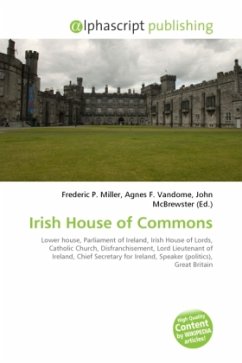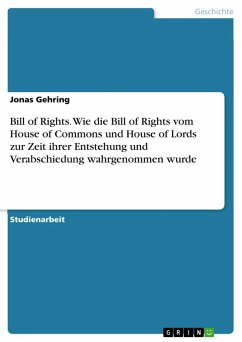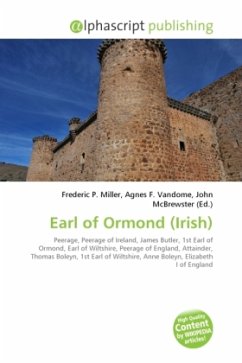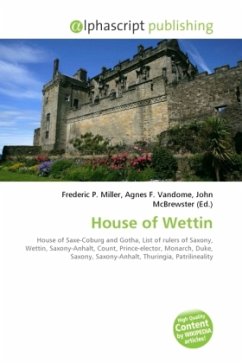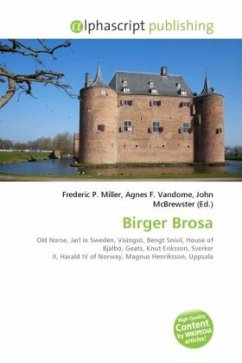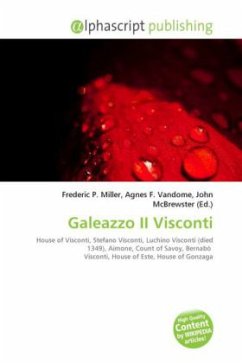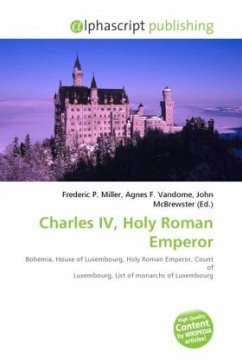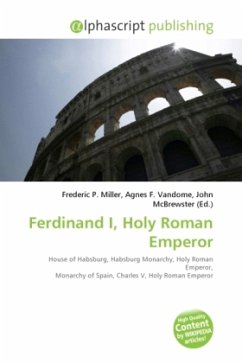The Irish House of Commons was the lower house of the Parliament of Ireland, that existed from 1297 until 1800. The upper house was the House of Lords. The membership of the House of Commons was directly elected, but on a highly restrictive franchise: in counties forty shilling freeholders were enfranchised whilst in most boroughs it was either only the members of self electing corporations or a highly restricted body of freemen that were able to vote for the borough's representatives. Most notably, Roman Catholics were disqualified from sitting in the Irish parliament from 1691, even though they comprised the vast majority of the Irish population. From 1728 until 1793 they were also disfranchised. Most of the population of all religions had no vote. The British appointed Irish executive, under the Lord Lieutenant of Ireland, was not answerable to the House of Commons but to the British government. However, the Chief Secretary for Ireland was usually a member of the Irish parliament. In the Commons, business was presided over by the Speaker who, in the absence of a government chosen from and answerable to the Commons, was the dominant political figure in the parliament.
Bitte wählen Sie Ihr Anliegen aus.
Rechnungen
Retourenschein anfordern
Bestellstatus
Storno

